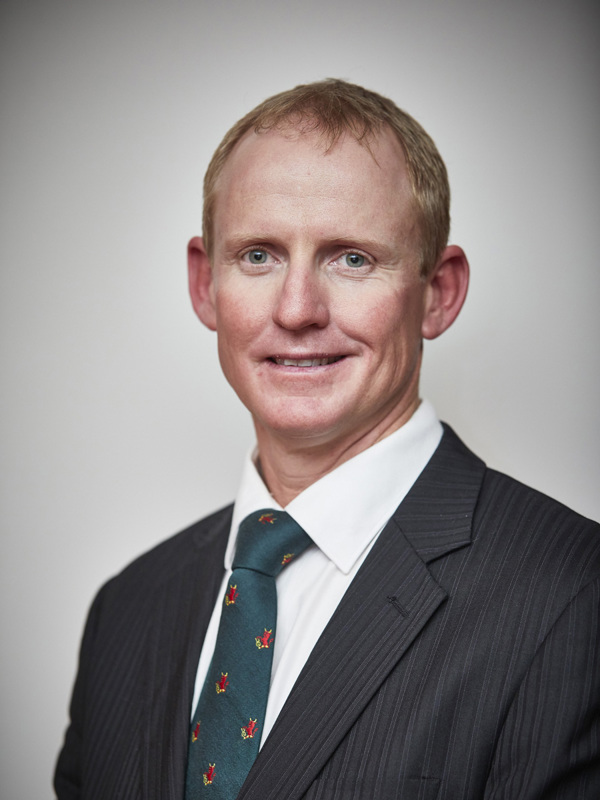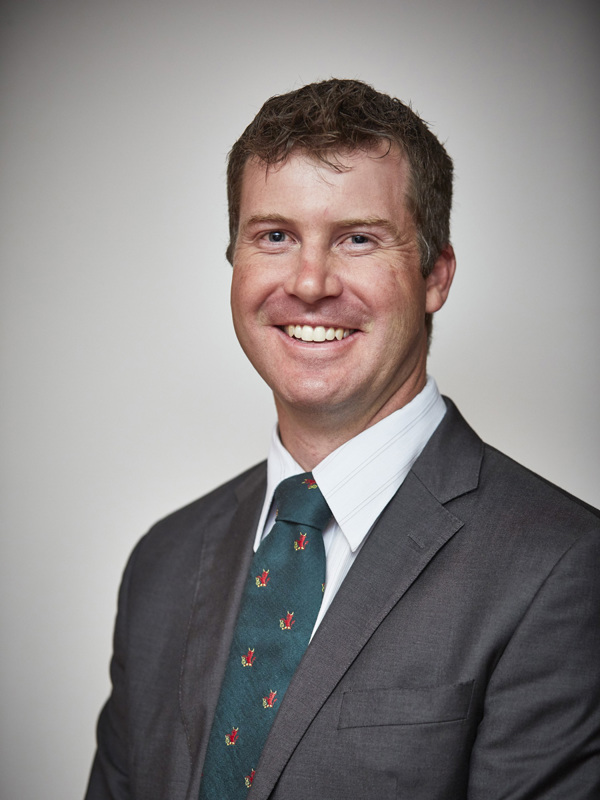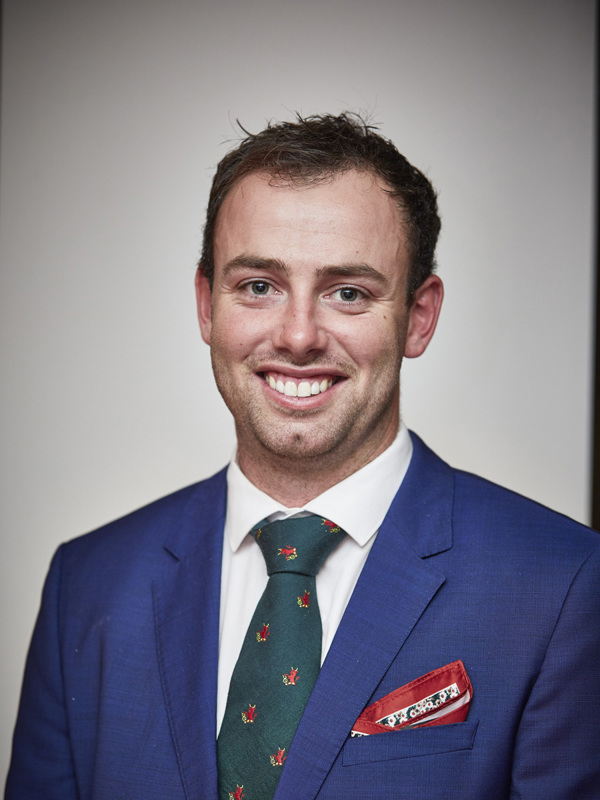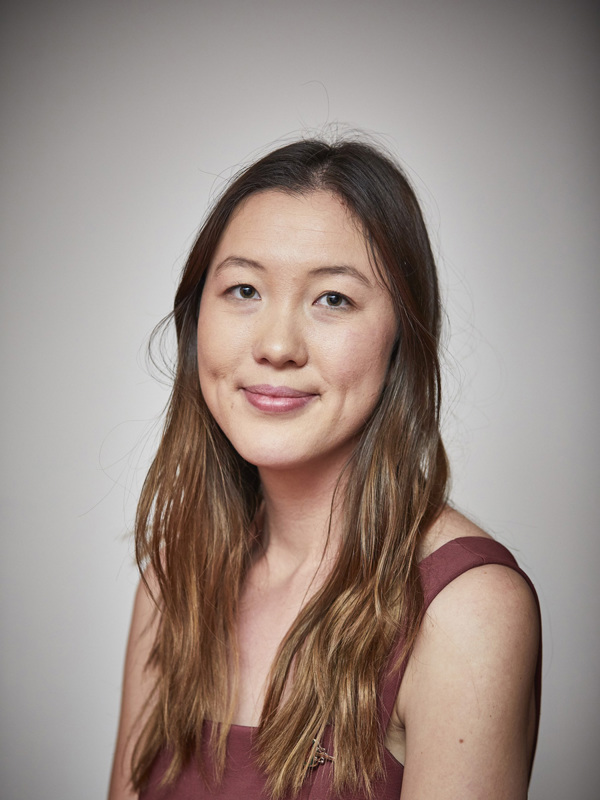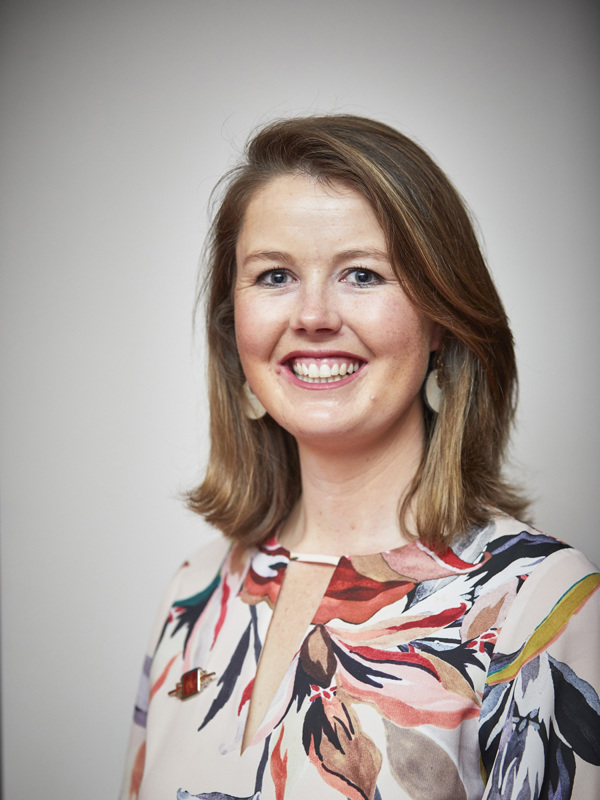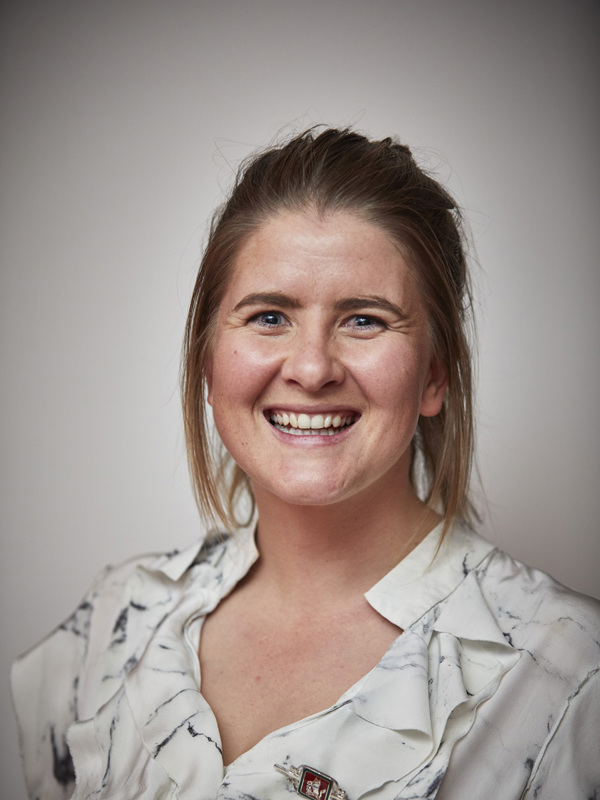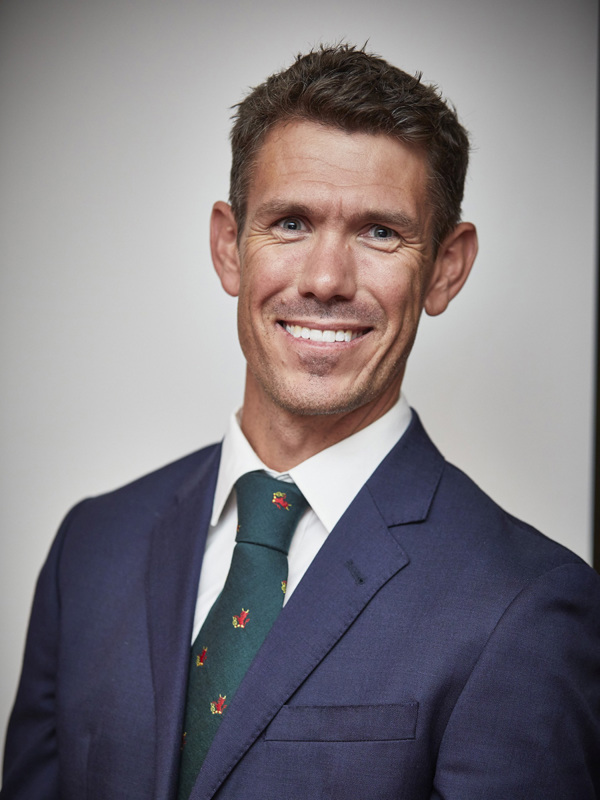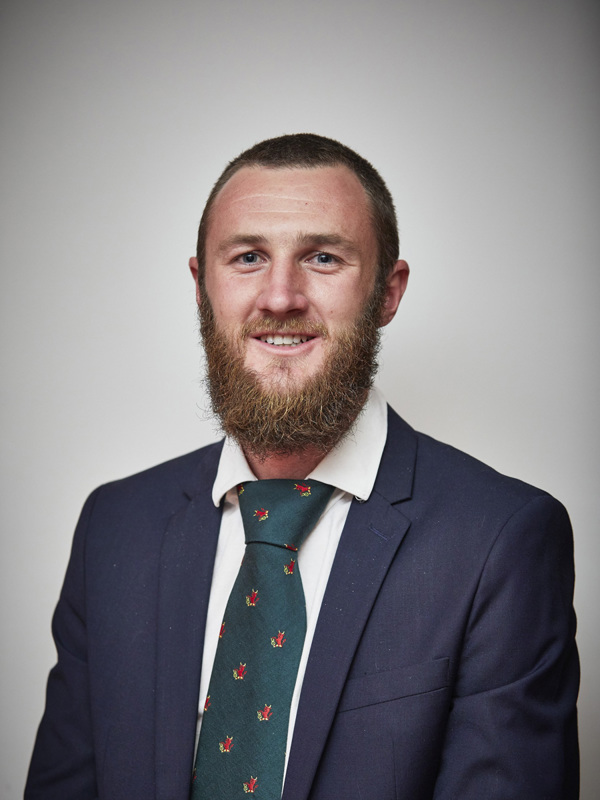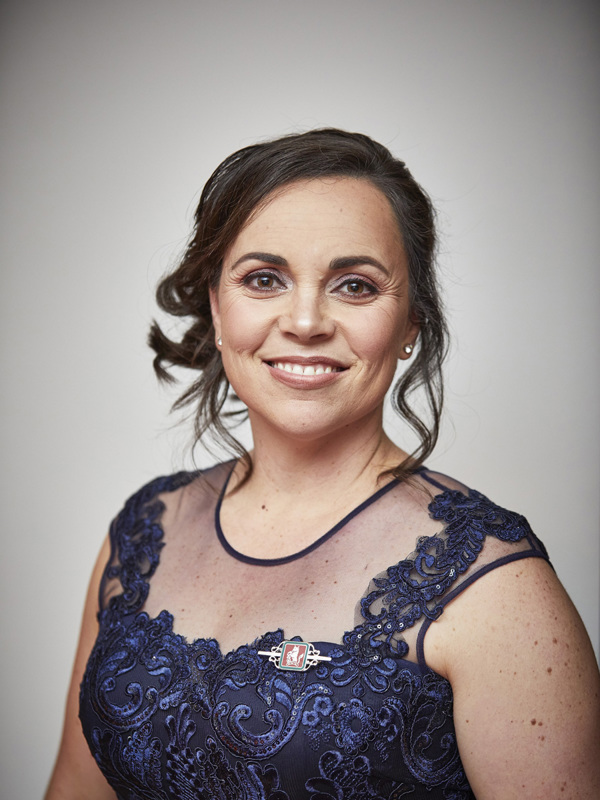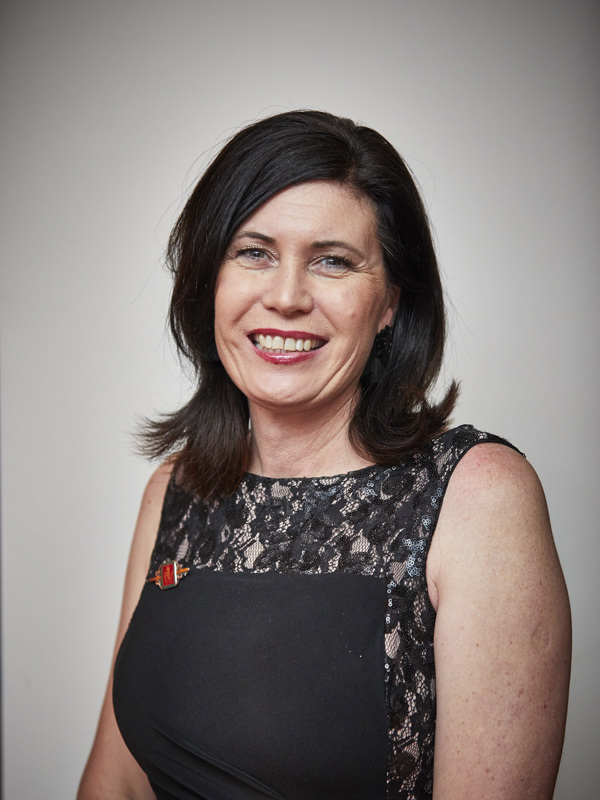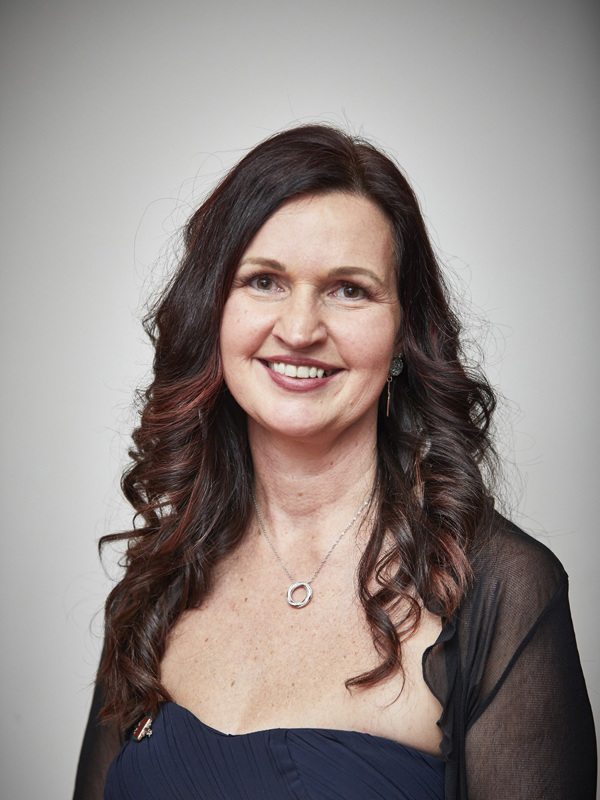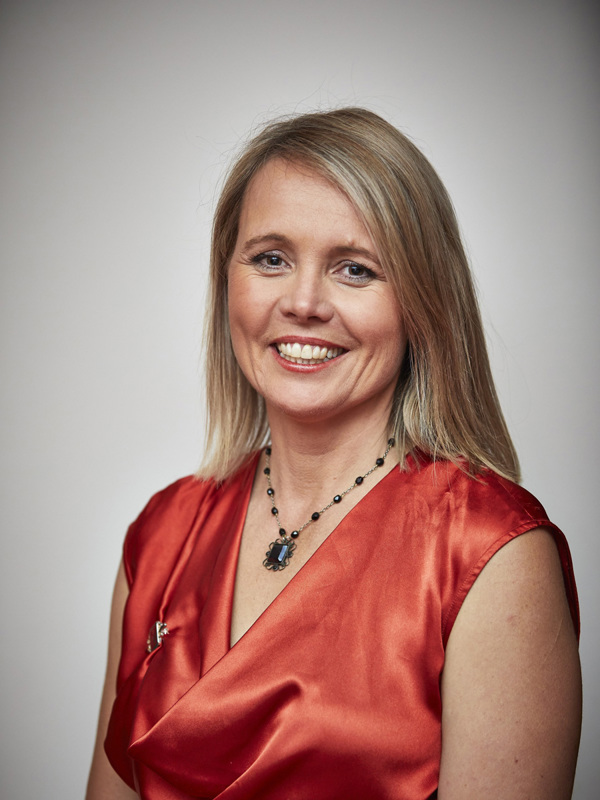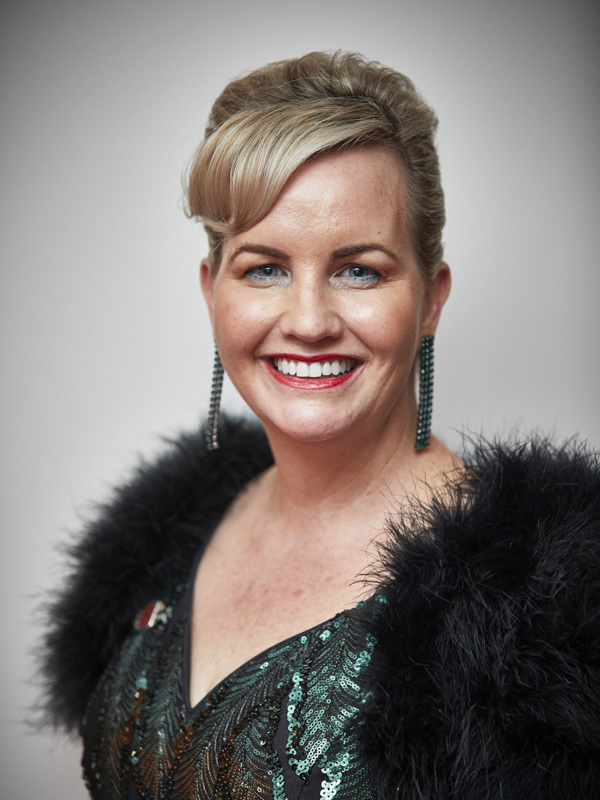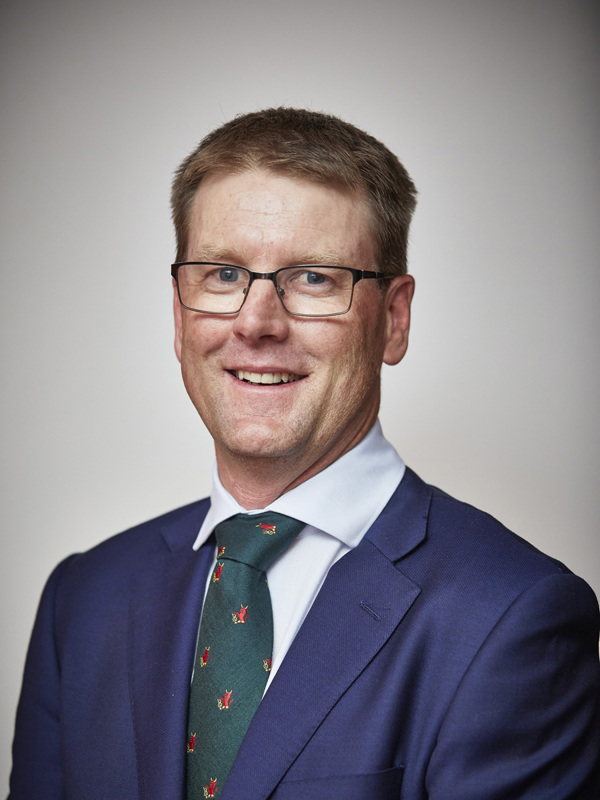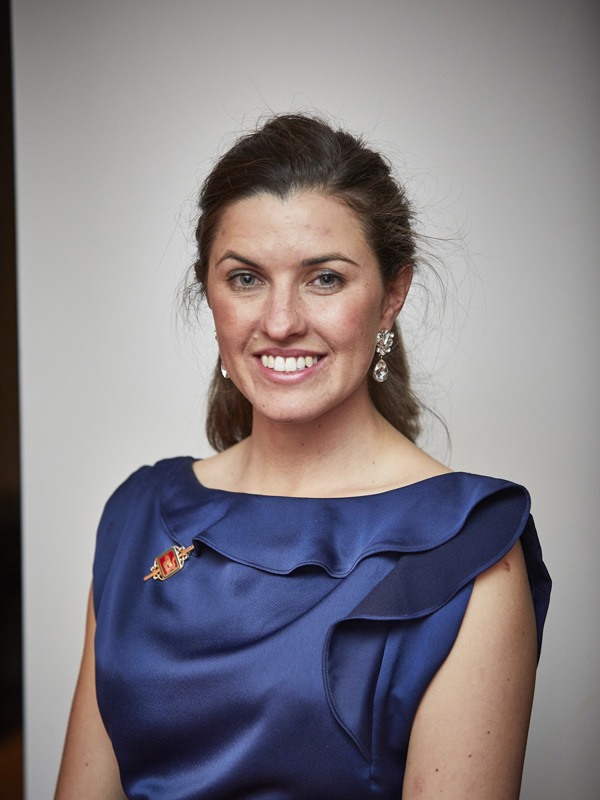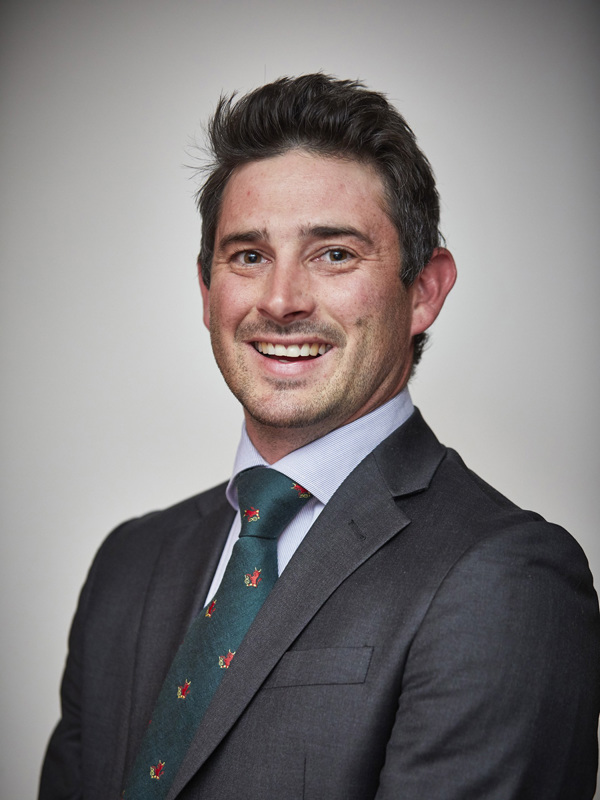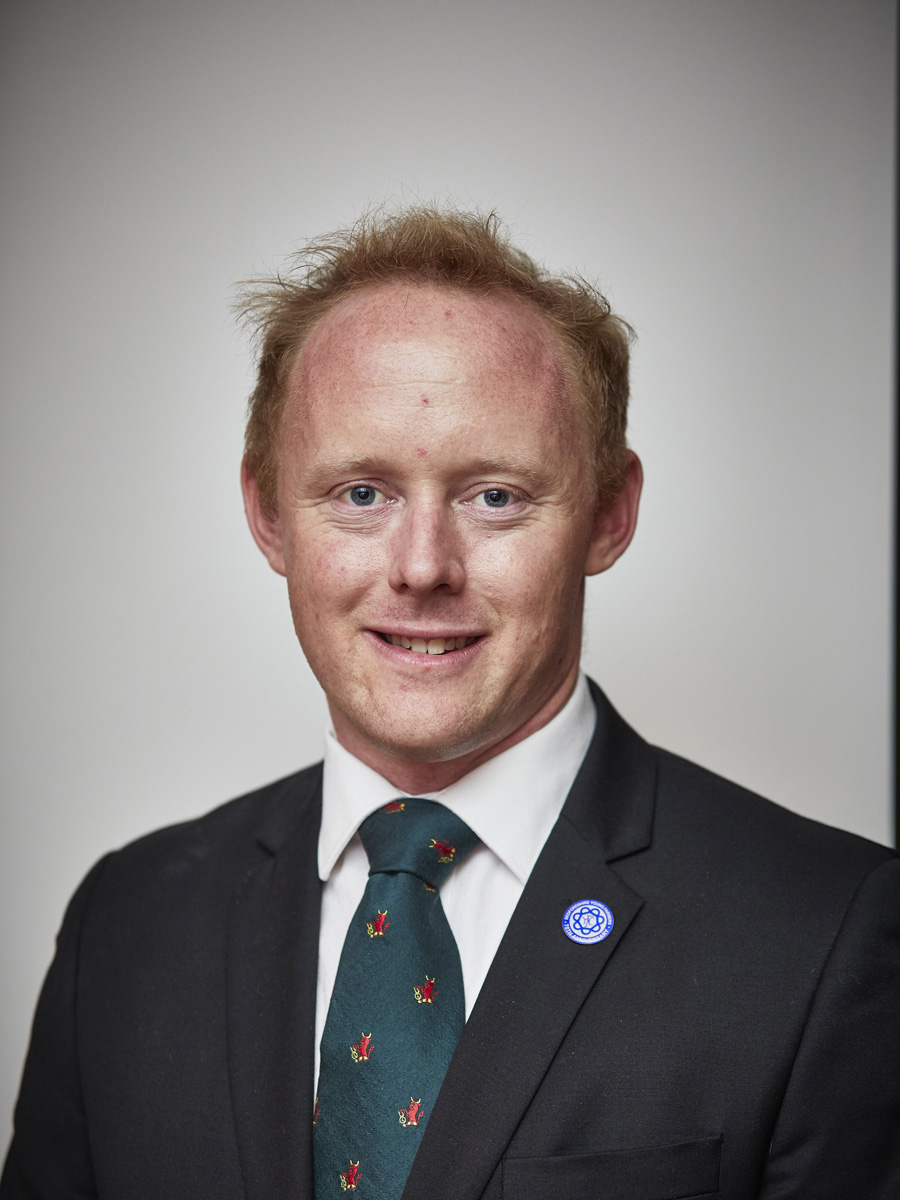
Thomas Moore
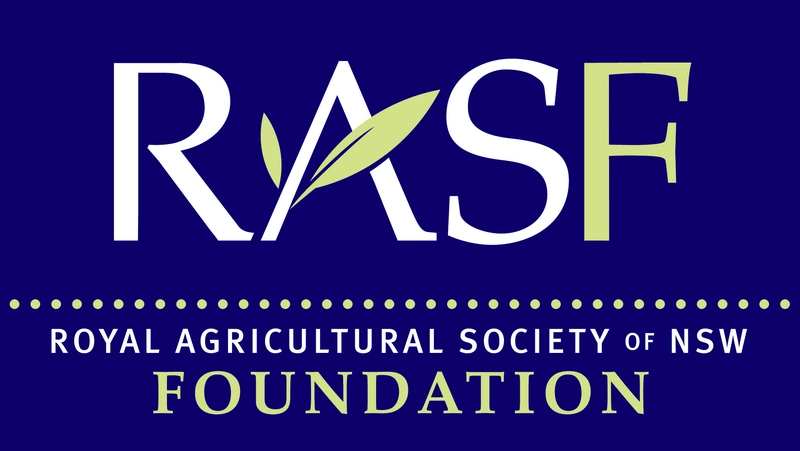
Happier hens with more eggs in different housing system
Australia will likely follow Europe’s stronger animal welfare regulations for egg production
Hen housing systems popular in Europe benefit animal welfare and production
NSW producer and Nuffield Scholar Tom Moore says Australia’s smaller egg producers may need support to introduce housing systems that allow birds’ to exhibit more natural behaviours
Farmers need to stay ahead of legislation and customers’ expectations, says NSW egg producer Tom Moore. Travelling to Europe in 2019, as part of his scholarship supported by the Royal Agricultural Society of NSW Foundation, highlighted to Tom the massive changes to farming regulations that are on Australia’s horizon.
“It’s important for all farmers to look forward; read industry papers and newspapers paying particular attention to negative things people are saying,” Tom said.
“Sometimes asking yourself if your farm is ready to have visitors in the next hour, can be valuable. If not, why not and maybe change it – because if you are not proud of what you’re doing, you should probably be doing it differently. Legislation and regulation will change without you, particularly if you aren’t looking. It’s important that farmers try to have a voice to ensure changes are feasible.”
Tom and his wife Jo started their free-range egg business five years ago in Tenterfield. When they started, they purchased the most common housing systems for commercial scale free range in Australia – a floor-based system which sees hens stay at one level.
“As soon as we had the egg equipment with the hens in, we could see there must be a better way of housing the hens. That was impetus to do a scholarship – to see what options were available and how people were successfully using them in their business.”
The multi-tier aviary systems in Europe deeply impressed Tom.
“These are systems where the birds can jump or fly from one level to the next and there is feed and water available throughout the system. Birds have more freedom in these sheds to exhibit more of their natural behaviours. And then for the producer, you will generally get a lower stressed hen which gives you more and better quality eggs.”
Tom says visiting these farms showed animal welfare improvements could also benefit farmers’ bottom lines.
“Some people will say welfare improvements come at the cost of production or increased production costs – it doesn’t have to be the case. European production systems prioritise bird welfare outcomes, which are usually mandated by non-government organisations like Freedom Foods or the RSPCA. In Europe, without those accreditations, you’re not eligible to supply eggs to any of the supermarkets.”
Tom says these accreditations are more onerous than Australia’s existing third-party audits, and farmers would need support to comply including updating floor-based housing systems and making aviary-reared started pullets available. Tom says as well as legislation and customer-required accreditation, he observed European producers worked to build connections with the consumers including visitor areas and viewing platforms. One producer – Ewald van der Kamp in Nordhorn, Germany – even has a successful “pick your own” egg shed on the boundary of the farm for drive-by consumer sales. We need to find ways to get visitors to come and see our intensive livestock operations without compromising biosecurity or animal safety.
“This appears to be a great way of building trust with the consumer,” Tom said.
Most poultry farms in Australia do not welcome visitors, but in Europe Tom was “welcomed with open arms and a cup of tea”. He got to see things he never thought he would – from one million bird cage systems to commercial scale mobile houses.
Tom also visited other types of farms including in Europe, Singapore, Philippines, Hong Kong, China and the USA, thanks to the support of the Royal Agricultural Society of NSW Foundation. He says there are universal lessons for all farming commodities.
“Margin creep will kill any business. If you cannot set the price, which is common in farming, then you should constantly be looking at the costs, at least every week.”
Tom and Jo pack and grade their own eggs, and contract pack and grade for other producers. To help manage the price they receive, they have grown a solid and diverse customer base of restaurants, cafes and butcher shops.
Investor Information:
The Royal Agricultural Society of NSW Foundation (RASF) was created in 2007 with a mission to support the development of sustainable and resilient regional and rural communities across New South Wales. Together with generous donations from supporters, the RASF provides community grants and educational scholarships to promote individual and community growth.
To date, the RASF has supported over 400 rural scholarship students to reach their educational dreams and awarded vital community building funding to 45 organisations.
Website: www.rasnsw.com.au/foundation
Facebook: @RASofNSW
Twitter: @RAS_NSW
